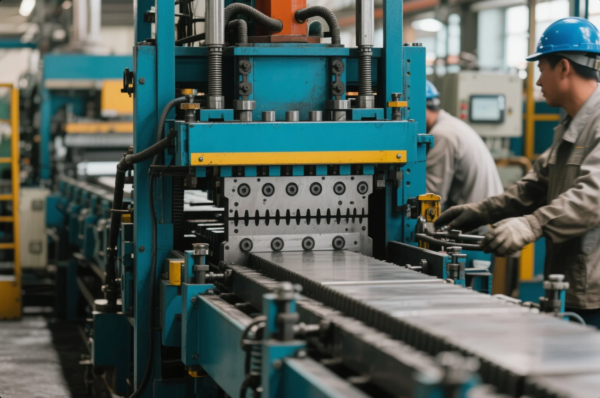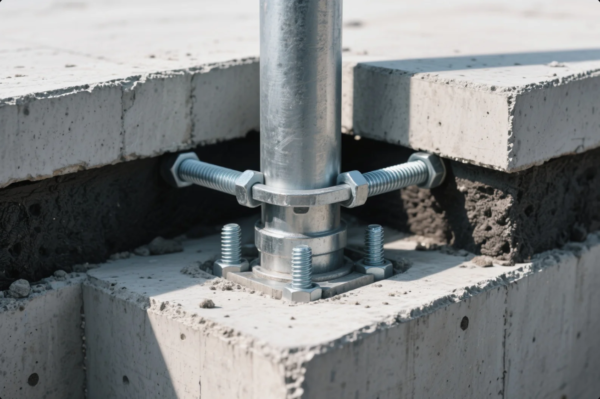What Liquid Is Used to Harden Steel?
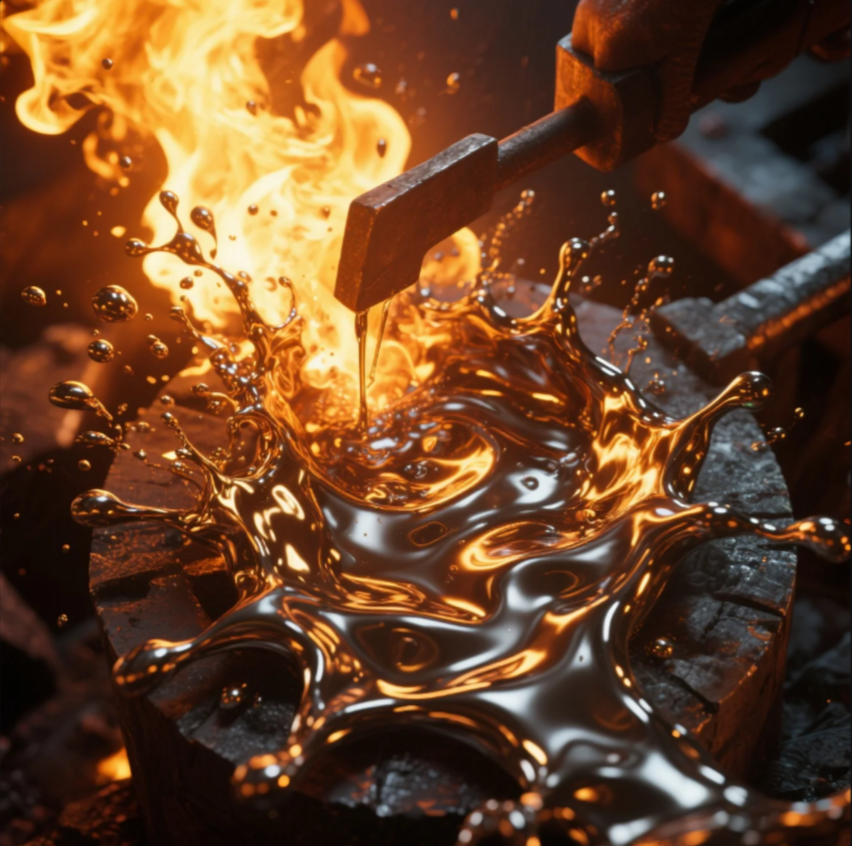
Hardening steel is an important process in metalworking, and one of the key steps involves quenching—rapidly cooling the heated metal to lock in its hardness. But what exactly is the liquid used to harden steel, and how does it affect the metal’s properties? In this article, we will explore the liquids commonly used for quenching steel and the chemicals involved in hardening the material.
Snippet paragraph: Quenching steel is typically done using liquids such as water, oil, or brine to cool the metal quickly and lock in its hardness.
Let’s dive into the different liquids used for quenching and their effects on the steel.
What Chemical Is Used to Harden Steel?
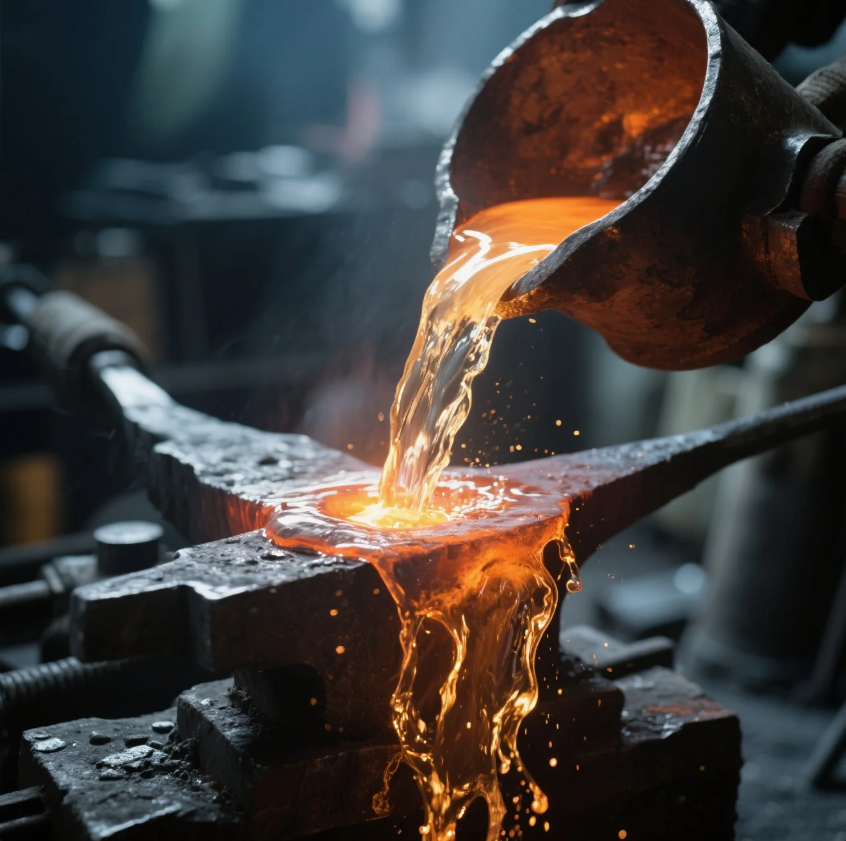
The chemical process involved in hardening steel primarily relies on the heat treatment process. The heat treatment itself is not based on a single chemical, but rather the controlled heating and cooling of the steel. However, some alloying elements and chemicals can be used to increase the hardness of steel during the hardening process.
Key Chemicals in Steel Hardening:
- Carbon: The primary chemical element that contributes to hardening steel. The carbon content determines the ability of steel to form martensite, a hard microstructure, when rapidly cooled.
- Alloying Elements: Elements like chromium, manganese, molybdenum, and vanadium are commonly added to steel to improve its hardness, wear resistance, and toughness. These elements help control the steel's grain structure and can improve its hardenability.
While there isn’t a single “chemical” used to harden steel, carbon and alloying elements are the essential contributors to the hardening process.
What Do You Add to Steel to Make It Harder?
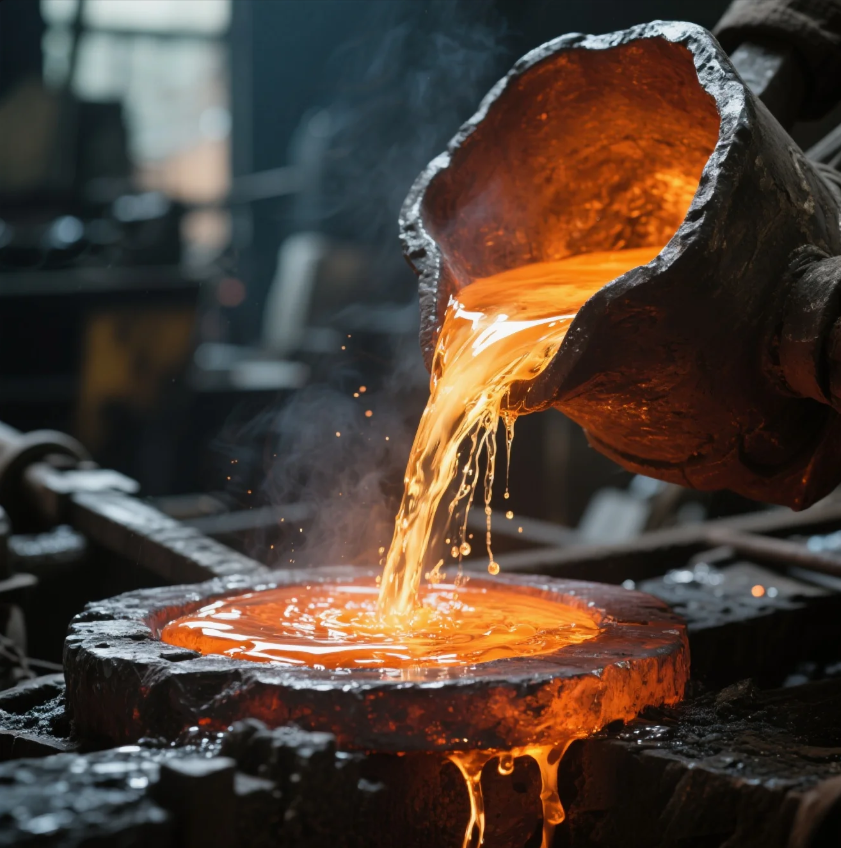
To make steel harder, you generally increase the carbon content or introduce alloying elements into the steel. The main process used to achieve hardness is heat treatment, which involves heating the steel to a specific temperature and then rapidly cooling it (quenching).
Ways to Make Steel Harder:
- Increase Carbon Content: Higher carbon content increases the steel's ability to form martensite during the quenching process, making it harder.
- Add Alloying Elements: Elements like chromium, nickel, and manganese improve the steel's hardness, strength, and resistance to wear. These elements form harder phases in the steel's microstructure.
- Heat Treatment: After the steel is heated to its austenitic phase, quenching it in water, oil, or other liquids hardens the steel. The quenching process helps "trap" the hardened structure of steel, giving it improved hardness.
Heat treatment, particularly quenching, plays the most significant role in hardening steel, but adjusting the chemical composition with added elements also contributes to improved hardness.
What Kind of Oil Is Used to Harden Steel?
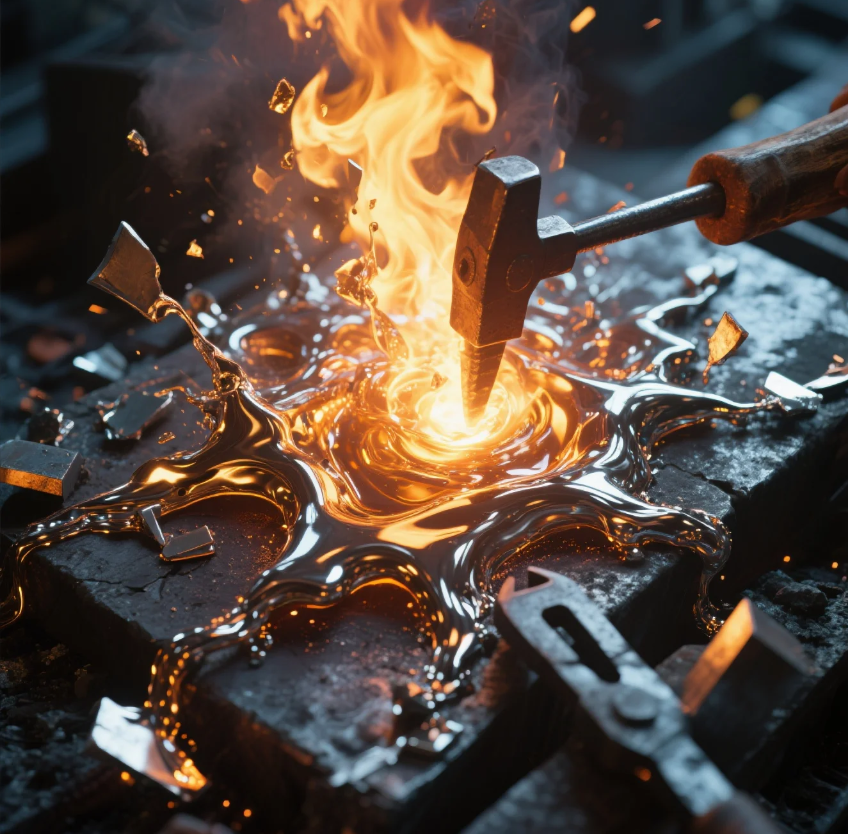
Oil is one of the most commonly used quenching liquids for hardening steel. The type of oil used can vary depending on the specific application, but vegetable oils, mineral oils, and specialized quenching oils are most commonly employed.
Types of Oil Used for Quenching:
- Vegetable Oil: Vegetable oils, such as canola or sunflower oil, are sometimes used for quenching due to their ability to cool steel at a moderate rate. They are environmentally friendly and are often used for knife making and other smaller projects.
- Mineral Oil: Mineral oils are often used for larger steel parts because they provide a more consistent cooling rate than vegetable oils.
- Specialized Quenching Oils: These oils are specifically formulated for industrial use and are designed to provide optimal cooling rates. They often contain additives that prevent excessive foaming, rust, and other unwanted effects.
The advantage of using oil for quenching is that it cools the steel slower than water, reducing the risk of cracking or distortion in the steel. The slower cooling process allows for more controlled hardening and helps prevent the formation of internal stresses.
What Liquid Do Blacksmiths Use to Quench?
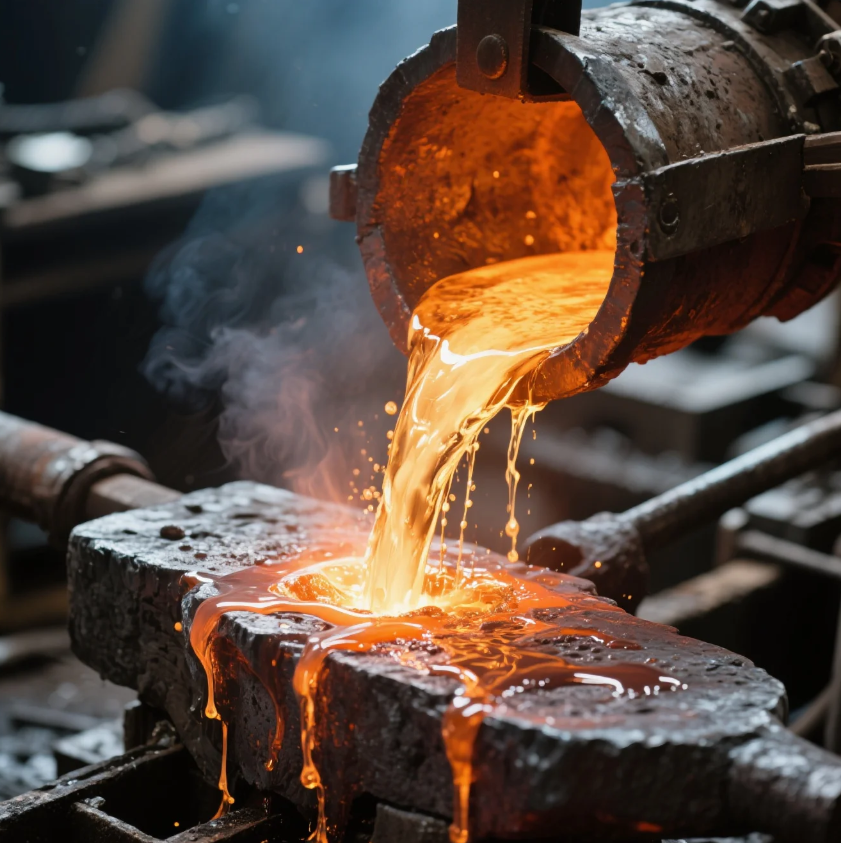
Blacksmiths traditionally use water, oil, or brine as quenching liquids for hardening steel. The choice of liquid depends on the specific needs of the project, as each liquid offers a different cooling rate, which can influence the final hardness and structure of the steel.
Common Quenching Liquids for Blacksmithing:
- Water: Water cools steel quickly, creating a harder but more brittle material. However, water can cause thermal shock, leading to cracking or warping if the steel is not quenched carefully. Brine (saltwater) cools even faster than water and is often used for very hard steels, but it increases the risk of cracking.
- Oil: Oil is often preferred for most blacksmithing projects because it provides a more moderate cooling rate than water. This slower cooling reduces the risk of cracking while still producing a hardened surface.
- Brine: A mixture of water and salt, brine provides even faster cooling than plain water, resulting in a harder but potentially more brittle steel. It is sometimes used for high-hardness steel grades.
Oil is the most common liquid used by blacksmiths, as it strikes a balance between cooling speed and material durability. Water and brine are used for specific applications where maximum hardness is needed, but they come with increased risks.
Conclusion
The liquid used to harden steel during quenching typically involves water, oil, or brine, with each offering different cooling rates that influence the hardness and brittleness of the steel. Oil is the most commonly used quenching liquid for blacksmiths because it provides a more controlled, slower cooling process compared to water. Carbon and alloying elements play a significant role in making steel harder, while quenching liquids are used to lock in the steel’s desired properties. If you need assistance with the hardening process or expert metalworking services, contact Prime today for more information and a custom quote.



